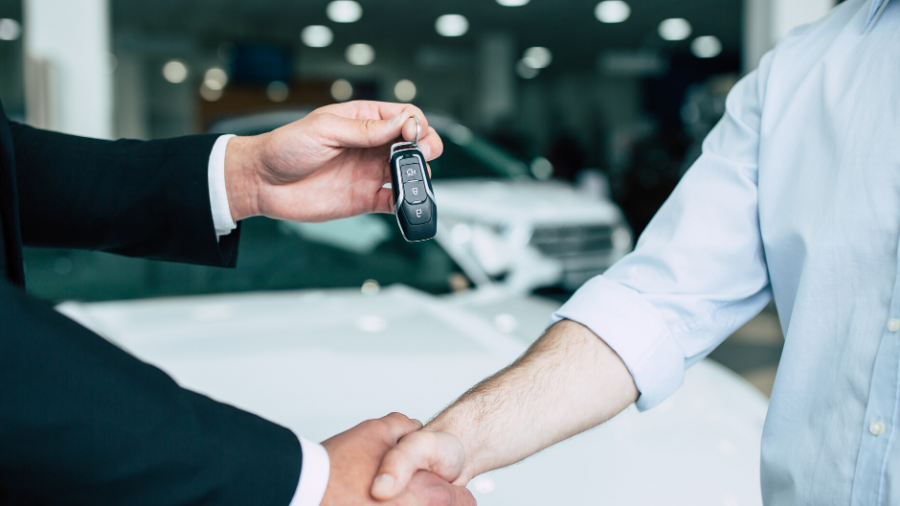Sales of new vehicles in Australia have been tumbling for 18 consecutive months. This means car dealers really have to know what their customers want when buying a car. A recent survey suggests they could learn more about their needs and the channels they prefer to use. For example, are we actually ready to buy cars online?
We do our research
It appears from a BrandSpark survey of 1,000 buyers and 100 dealers in Australia that people are still buying a car from trusted dealerships. Baby boomers are more loyal than millennials to particular dealers and willing to recommend them, perhaps because of their longer experience.
Generally, all car buyers spend 6 weeks researching cars first, before choosing a dealership to visit.
- More than half go to the internet first, 64% use online classifieds and 55% go to dealership sites
- A third of car buyers visit only one dealership and 40% walk in, prepared to buy
- While choice of dealership depends mainly on price, only two thirds of dealers advertise their prices online.
If dealerships are still the go-to place for cars, are we ready to buy cars online?
Buying a car online
We are already accustomed to buying secondhand cars online from private sellers, using sites like Carsales and Gumtree. Women are slightly more wary of people selling privately than used car dealers. But neither men nor women are used to buying new cars online.
In May 2018, Budget Direct claimed three quarters of Australians prefer to buy cars in person. Around a third of men, compared to a fifth of women, were willing to buy online. Age made a difference: 35-44 years olds were more open to buying online than younger and older cohorts. Perhaps this was because they had already bought a few cars and were familiar with online and dealerships.
A British survey recently found a quarter of respondents would be happy buying a car online without even a test drive! However, even if new car retail moved entirely online, most people would want test drives first.
Mercedes-Benz and Subaru were the first to experiment with online retail in Australia. Mercedes has said it expects a quarter of its sales to be online and fixed price by 2025. Toyota also offers online retail where buyers can put down a deposit and pick up their vehicle from a dealer. But it is still relatively early days.
Omni-channel retail
Car buyers will probably use familiar and unfamiliar channels, according to their needs. Experts call this “omni-channel retail”. It is well established in fashion or homewares, where people buy online, from catalogues, in physical shops, or in combination.
One new online example is Mogo, a kind of dating site for car buyers and dealerships. Car buyers say what kind of vehicle they are looking for, and where they live, and Mogo matches them with potential dealers. If a dealer has what the customer wants, they pay $7 for the lead.
The purpose of the site is to “take away the anxiety” about visiting a dealership and having to haggle on prices. The dealer and customer have already completed the financial part of the transaction online so they can relax more in person. Another example is buying service, Kogan Cars. This site offers price matching and cars delivered to your home, even just for a test drive.
Omni-channel retail could be a potential threat to dealerships or an opportunity to do things differently. Given our human need for the personal touch, we suspect dealerships will be around for some time to come. However, the way they do business may change a lot.


your opinion matters: